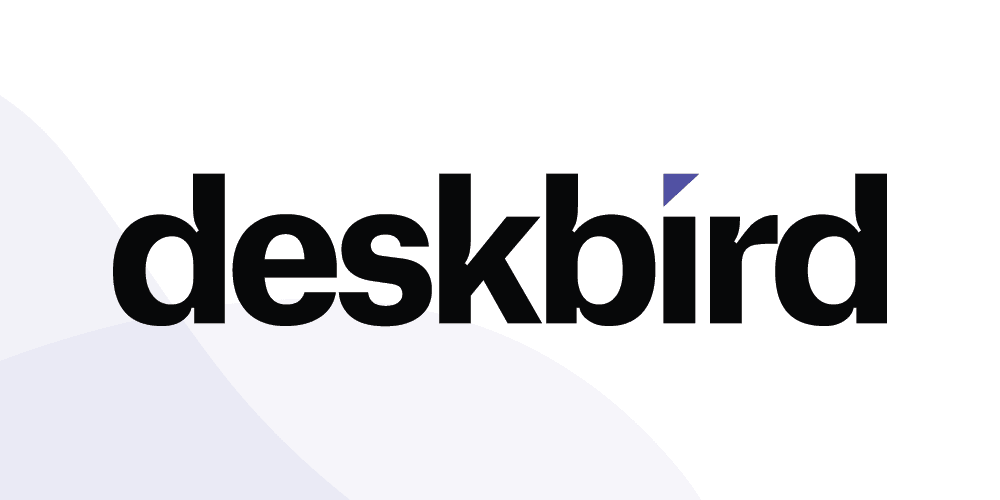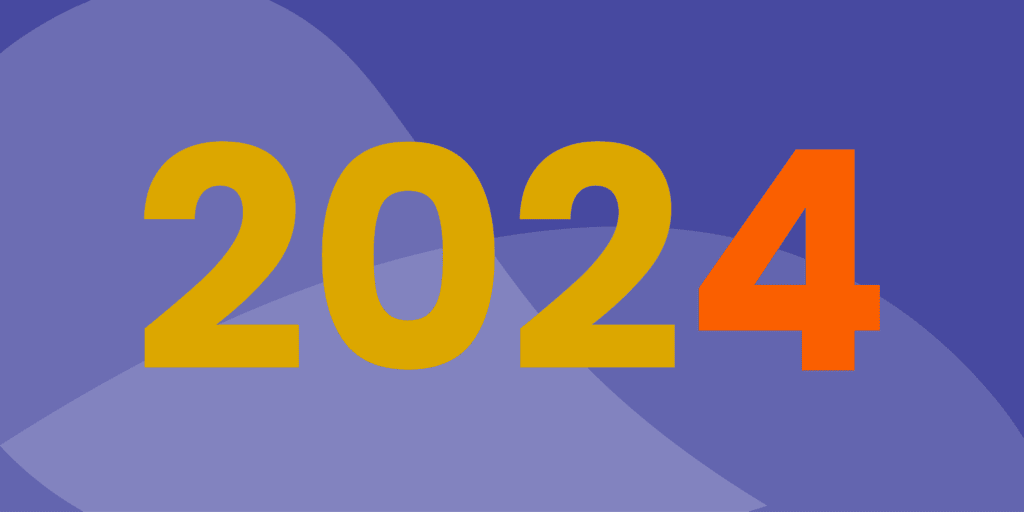2022 Work Predictions: How we will work this year

March 14, 2020. This date has stuck forever in my mind. It’s a day when I have packed my laptop, a pile of unread documents, and a leftover pack of cookies and left the office without really knowing when I will be able to return to the companies premises or have a cup of coffee with my colleagues again.
And just like that, in one day, the way I and nearly half of the European labor force work has changed forever.
Thus, this date marks not only the beginning of the first confinement in France but also the upswing of a new hybrid work paradigm.
Since March 14, 2020, we were hesitant about predicting the future or making any long-term plans.
Today, thankfully, the situation has changed.
As employees, dreams, and hopes are returning to the long-abandoned offices, we are happy to unveil key 2022 work predictions that we believe in at Hubtobee.
The offices will live again
The first wave of the office revival in September 2021 has been in many cases disrupted by the surge of coronavirus cases related to a new highly contagious Omicron variant. Hence, many global corporations, including Amazon, Facebook, Ford Motors, and Apple, have postponed the reopening of their offices to spring or even autumn 2022 (Airbnb).
Despite the ongoing public health concerns, some employees are eager to reunite with their colleagues, as consecutive confinements and full-remote work have led to social isolation and declining mental health.
Executives are also keen on welcoming their teams back into the offices to realign them with corporate values and goals.
Last but not least, the growing accessibility of COVID-19 vaccines, protective equipment (like masks or shields), and rapid testing has made it easier for employers to ensure safety and prevent the propagation of the virus on-site, leading to an increasing amount of personnel willing to return to work in person.
Although a lot of companies haven’t yet set an exact office reopening date, we can say with certainty that most of us will return to working in person at least one or a few days a week sooner or later this year.
Everything will be hybrid
And when we say “everything”, we mean everything.
Not only work organization itself (the combination of remote and in-office days) will be hybrid. Offices, workstations, meetings, recruitment, customer relationships, infrastructure management, schedules, and corporate social events will become hybrid as well.
Companies will have to embrace the hybrid concept in all its forms.
The office area will be adapted to respond to the evolving needs of the hybrid employees. It means more collaborative and leisure spaces that will allow socializing, working individually or in groups.
Workstations will be modified to accommodate each and every individual. There will be no more serried desks devoted to one employee only, but rather neighborhoods that can expand depending on the number of teammates working together. The desks themselves will be hybrid, too, enabling colleagues to work both standing and sitting, alone or with the person across or on the screen.
There will be more hybrid meetings, with half of the participants connecting remotely and another half gathering in a dedicated meeting room. The meeting room itself will be rearranged: microphones, screens, and speakers will become a must.
Even recruitment will be hybrid, combining in-person and virtual interviews, computer-based tests, informal encounters over a cup of tea, video applications, etc.
Technology and data will become HR’s best friend
Hybrid work and, consequently, flexible workspace will create a lot more responsibilities for HR. In order not to drown in the increasing amount of operational tasks, HR will start acquiring various technologies to help them cope with the new challenges.
Indeed, “there is already a strong expectation from HR community for start-ups specialized in the organization of work and the support of hybrid work”, according to Fabien Rault, head of the Rhizome incubator.
In 2022, HR will invest heavily in the software that will allow them to organize and/or monitor:
- employees’ presence on-site and their compliance with remote work policies,
- workstation and meeting room bookings and occupancy rates,
- individual allowances (lunch vouchers, transport reimbursements, remote work bonuses),
- teams’ and managers’ productivity,
- COVID-19 preventive measures,
- workers’ wellbeing and mental health.
In return, these technologies will provide crucial data to make smart decisions on organizational changes and space optimization.
The quality and complexity of data alongside the technology’s ability to analyze it will become critical for the organization’s success, as it can bring significant productivity gains while reducing fixed costs.
Companies will invest heavily in culture
The shift to remote work during the pandemic has had two major effects on the corporate culture.
First, many employees have felt isolated from management and their colleagues and, consequently, less attached to the corporate culture, leading to its fragmentation.
Secondly, the crisis has revealed the obsolescence of some corporate cultures, resulting in general disbelief in the company values and its leaders.
Considering that culture plays an important role in talent acquisition and retention, we predict that companies will make significant investments in their employees’ growth and collective intelligence in 2022. It will include organizing more training and upskilling opportunities alongside social events like seminars and team getaways.
Finally, as culture is primarily about belonging, individual recognition, acknowledging and celebrating the work of each employee, will become essential to foster social ties within the corporate community.
The overwhelming uncertainty of the last two years has taught us to be flexible, live in a moment, and question the certitude of our projections.
Fortunately, with the end of the pandemic around the corner, we are finally confident of making new work predictions. We believe that employees’ return to the offices, hybridization of all work-life aspects, increased use of innovative HR technologies, and the abundance of data they create, alongside the large investments in corporate culture, will make this year fascinating and unforgettable.
We are looking forward to our 2022 work predictions coming true!

Ilona DRONIUK
Digital Marketing Manager




